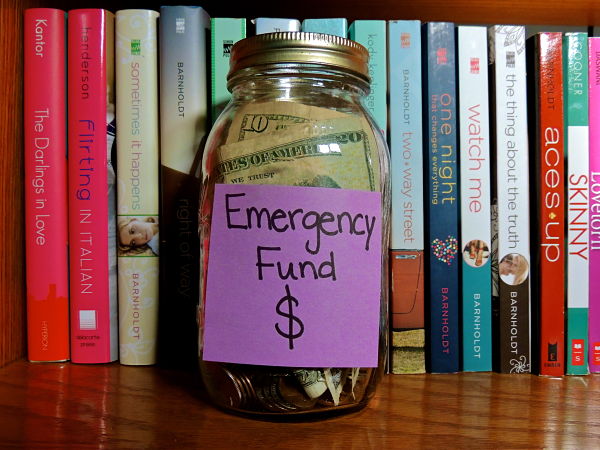
Excuses, excuses. We use them to justify skipping a workout, to miss a day at work, or perhaps most damaging, to skimp on savings.
It’s challenging to forgo current pleasure to plan for the unknown, but excuses won’t help you in an emergency situation.
Having a financial safety net is essential to making sure your twenties are smooth-sailing (or, as smooth as anyone’s twenties can really be).
Excuse #1: You don’t think an emergency fund is necessary.
This is less of an excuse and more of a fundamental misunderstanding of risk.
The uncomfortable truth is that your car might die, you could lose your job, or you might break your leg and owe thousands of dollars in medical bills. This is even more important for people with kids and homeowners; your kids might get sick or your house might need immediate repairs.
Insurance is one way to protect yourself from these risks, but it doesn’t cover everything and often comes with hefty deductibles. An emergency fund protects you from becoming indebted from one unfortunate event.
Excuse #2: You live paycheck to paycheck, so you can’t afford it.
Just because you’re living paycheck to paycheck does not mean that you’re insulated from financial risk more than anyone else. An emergency fund might even be more necessary for you because just one adverse shock could cripple your bank account and keep you in debt for a long time.
It’s difficult to find room in your budget if you feel like there isn’t any, but putting away just $10 each month can make a difference down the road. Save what you can, and do your best to live frugally. The Frugal Girl has great tips for new and creative ways to save money.
Excuse #3: Paying off debt is your immediate concern.
I hear ya. When you have interest accruing on loans, it seems ridiculous to put money anywhere else. But if you find yourself in an emergency situation with no choice but to max out a credit card, you will almost certainly end up paying a higher interest rate on it.
Further, if you put savings on hold until your debt is repaid, how long will it be until you have an emergency fund? Some don’t finish repayment until their 30s or even 40s, which is way too long to wait.
While you’re paying off loans, take advantage of 0% interest credit cards or refinance your loans. If your rates are lower on your debt, you can feel better about putting some of your money away.
Okay, but how?
First, decide on a goal that works for you. Whether it’s $50 per week or $10 per month, choose a doable amount and stick with it. Next, separate that money from your checking account. You could put it into a savings account where it will earn some interest and you can still access it if you need it right away.
The size of the emergency fund that’s best for you depends on your personal needs and ability to save. A good rule of thumb is to have enough to cover three months of your living expenses.
If that’s impossible for you at the moment, then focus on putting away as much as you can. The bigger the fund, the more wiggle room you have to search for a new job after a layoff, pay off medical or other bills that come up before they accrue late fees, or to move across the country for a better opportunity.
There are a lot of temptations out there: tickets to a Kanye concert, road trips, a six-pack of delicious beer… the list could go on forever. I’m not saying that you have to deny yourself any fun in order to build an emergency fund, but you should always have your priorities and your best interests in the back of your mind when you’re making financial decisions. Using your head now may save your butt down the road.
